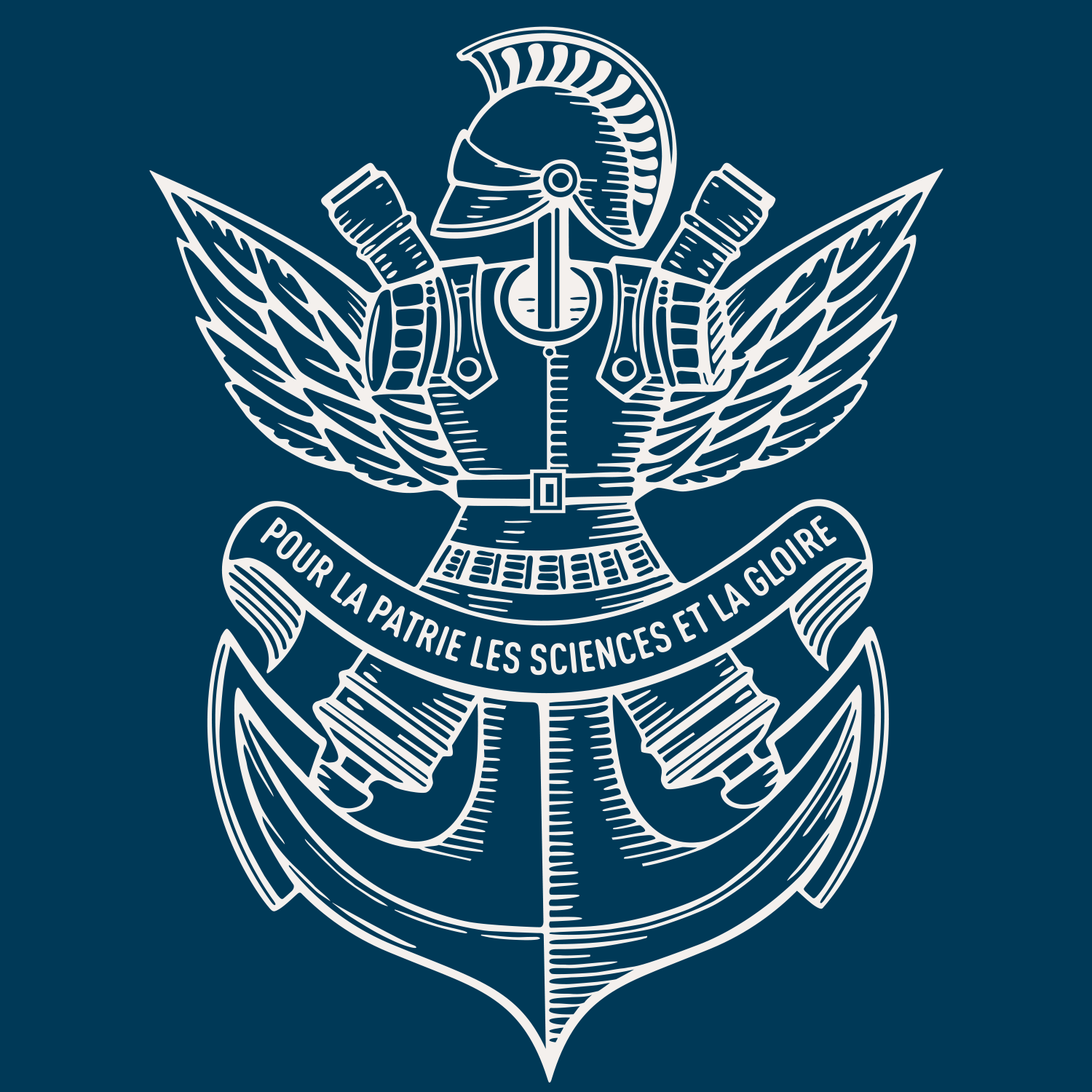Bienvenue sur le portail des publications scientifiques en libre accès de l’École polytechnique
HAL-Polytechnique est la plateforme de dépôt et de consultation des articles scientifiques produits par les chercheurs des 23 laboratoires de l’École polytechnique. Elle a pour ambition de contribuer au développement du libre accès à l'information scientifique, d'optimiser la visibilité de l'École polytechnique dans le domaine des sciences, et d'assurer la conservation pérenne de la production scientifique de ses chercheurs. Sur ce portail, vous avez la possibilité de consulter les documents déposés par laboratoire, par auteur, ou bien par domaine scientifique.
Les publications de l'Institut Polytchnique de Paris sont consultables sur le portail dédié.
Pour pouvoir déposer dans HAL Polytechnique, il est nécessaire de se créer un compte de déposant.
Pour déposer un article en texte intégral, vous devez connaître la politique de l’éditeur en matière d’archivage en libre accès. Toutes ces informations sont disponibles sur le site SHERPA/RoMEO. Vous pouvez aussi nous contacter.
Derniers dépôts


